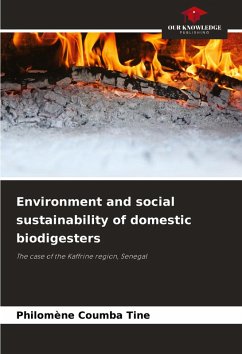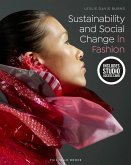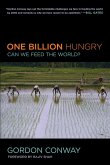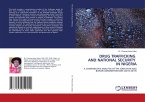This book is about the social sustainability of domestic biodigesters in Senegal, and more specifically in the Kaffrine region. Indeed, Kaffrine is one of the pioneer areas that benefited early on from the national biogas program through the installation of biodigesters in many households. Biogas is an energy that is considered sustainable in the classification of energies; moreover, it fits into a circular economy logic while helping to combat climate change. These sustainability criteria fit in perfectly with the energy mix policy advocated by the State of Senegal to solve the energy problem in rural areas and protect the environment. However, despite the objectives supported by the National Biogas Program, including the provision of clean cooking energy and the fight against deforestation, difficulties have arisen during the implementation of the program, exposing the presence of flaws, but even more so calling into question the sustainability of the sector.








